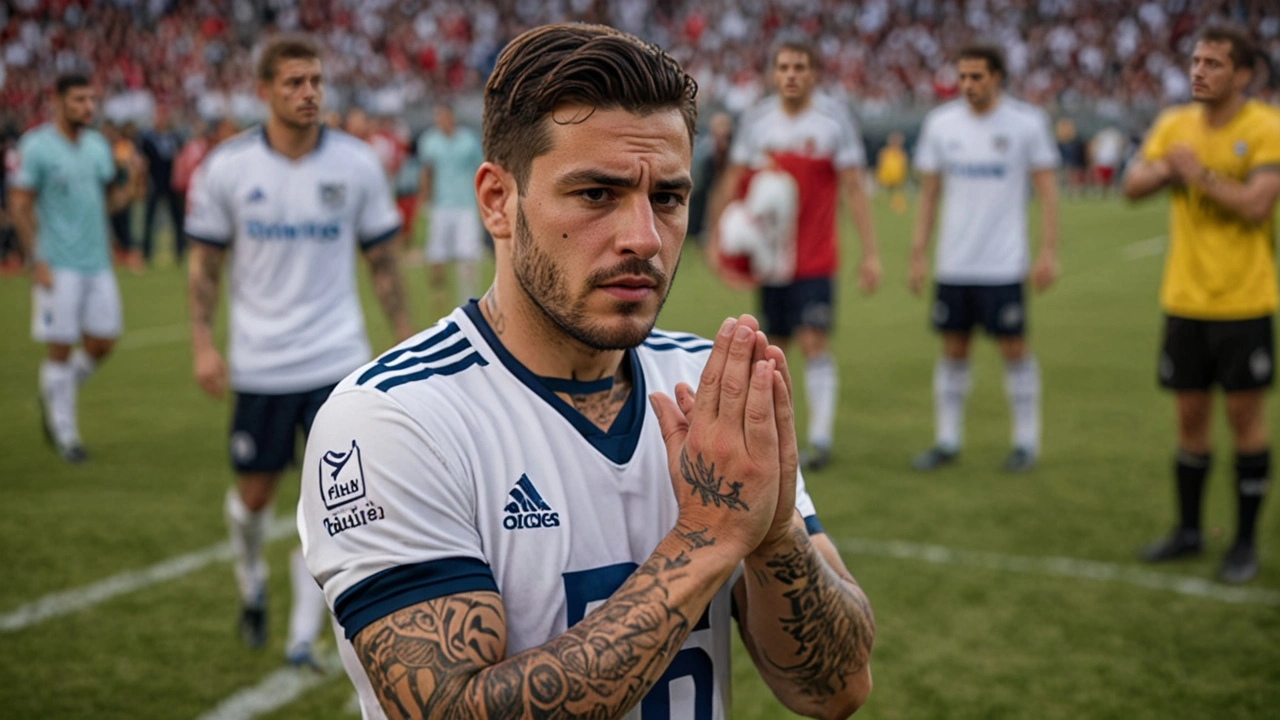Racist chants happen at stadiums, concerts, and public gatherings
They are shouted songs or phrases aimed at someone because of their race, ethnicity, religion, or nationality. Hearing them hurts people immediately and can make a place feel unsafe for hours, days, or longer. Racist chants also carry real consequences: players can suffer mentally and physically, clubs face fines or points deductions, and sponsors often pull back. That’s why noticing them and acting matters.
You don’t have to be a security expert to help stop racist chants. If you hear something, the first priority is safety. Move away from the group if possible and alert staff or security. If you can do so safely, record a short video or audio clip and note the time, your seat number, and nearby landmarks. That information helps clubs and police identify offenders and build cases.
Report the incident as soon as you can. Use the club’s official reporting tool, call the stadium hotline, or speak to stewards in person. Many clubs publish simple step-by-step guides on their websites. If the response is slow or weak, share evidence with independent anti-racism groups and local media. If the chant included threats or violence, contact the police and preserve the evidence.
How clubs and leagues should respond
Good responses are fast, visible, and consistent. Announce a stoppage if chants are loud and targeted. Use public address systems to call for calm and explain zero tolerance. Eject offenders and ban them from future matches when there is clear evidence. Share outcomes publicly so fans see consequences. Leagues should apply fines, points deductions, or stadium closures when clubs fail to control crowds.
What fans can do
Fans set culture. If you hear a chant, shout it down with phrases like 'Not here' or 'That’s not welcome'. Offer support to targeted people and encourage others to report. If you are part of a supporters’ group, push leaders to train marshals and work with clubs on rapid reporting. Sponsors and partners also listen—complaints from fans can move them to pressure clubs.
Players and staff need clear support. Clubs should offer counselling, legal help, and security plans. Public statements must back the person targeted and promise follow-up. When players speak out, listen. Their accounts often trigger faster action than second-hand reports.
If you want to learn more, follow groups that track fan behaviour and racism in sport. Back charities that provide legal help or education programs. Support campaigns that teach respect to younger fans. Change doesn’t happen overnight, but steady pressure from fans, clubs, sponsors, and regulators adds up.
Every report matters. When you act, you help protect players, families, and future fans. Speak up, report clearly, and keep the evidence. Small actions make stadiums safer.
If clubs ignore repeated problems, raise issues with the national federation or human rights bodies. Document patterns and link incidents across matches. Use social media responsibly to share facts, not to inflame. Persistent, informed pressure forces change and keeps clubs honest about safety and inclusion. Start reporting today, please.
Chelsea Begins Disciplinary Action Against Enzo Fernández for Racist and Homophobic Chants
Chelsea has started disciplinary action against Enzo Fernández following his involvement in racist and homophobic chants directed at French team members. The incident occurred after Argentina's Copa América win over Colombia. Fernández has apologized, but the French Football Federation plans to lodge a complaint.
